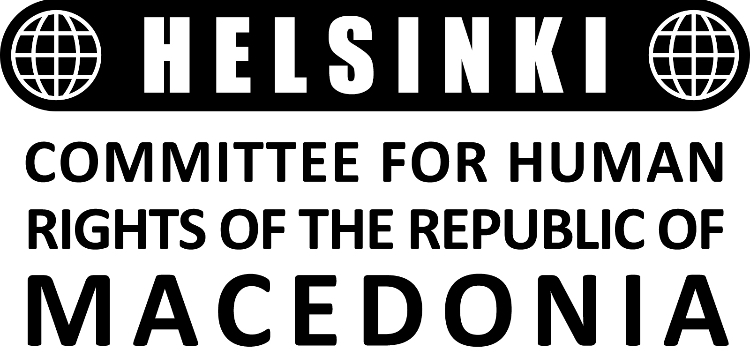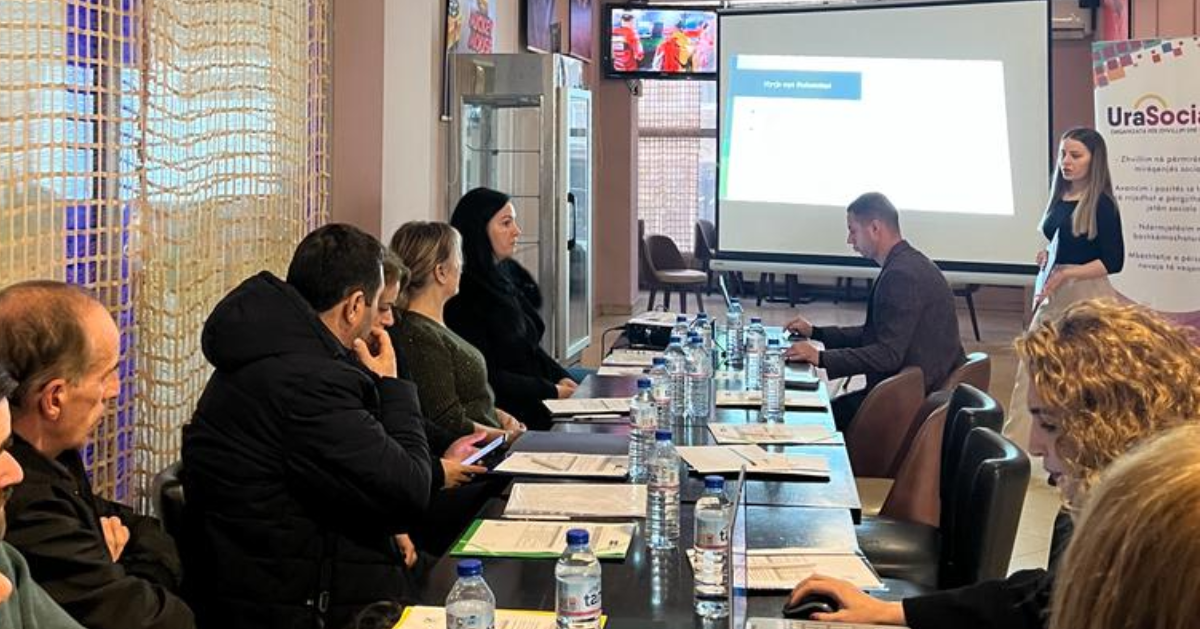“Losing a job during a pregnancy, because of pregnancy, especially in times of global crisis is very stressful and can lead to economical and health problems. Furthermore, it’s frustrating that the access to judicial justice is expensive and slow. I wouldn’t be motivated to initiate court proceeding by myself if I did not contact you. You gave me motivation, willingness and financial security to initiate the court procedure. I think that more of these projects are needed in support of women who are losing their jobs due to pregnancy.”- says C.J, one of the beneficiaries of free legal aid by the Helsinki Committee in Skopje.
A pregnant worker is specially protected within the Macedonian labour law. An employer can terminate a pregnant worker’s employment contract only if they have seriously violated the contractual obligations, and only with an agreement by a union or with an approval by The State Labour Inspectorate.
After C.J went through a wrongful termination, she went to seek help at Helsinki Committee.
The Helsinki Committee and the worker reported the case in The State Labour Inspectorate, who conducted an investigation and determined violations of the provisions of The Law on Labour Relations by the employer. They ordered the employer to take back the pregnant worker and re-register her as employed in the Employment Agency and Compulsory social insurance.
“After we published this success of this initiative, the Committee received another eight requests for free legal aid from pregnant workers who have experienced the same or similar violations of their labour rights. During these difficult times, the Committee raised awareness for the protective mechanisms and to improve access to justice for many women.” – said Pavlina Simonoska from The Helsinki Committee.
The Helsinki Committee for Human Rights, as one of the leading civil society organizations in the country and a regular provider of free legal aid to citizens, recorded a record number of beneficiaries in the first half of 2020. The responsiveness of the organization, but also the distrust in the state institutions and the judicial system, contribute to the recognition of the Committee as a safeguard where they will receive support in case of rights violations.
In the past six months, The Helsinki Committee provided legal aid in 33 cases which involved 34 women workers as beneficiaries, 19 of which were registered as gender-based discrimination in the workplace, as well as initiating 6 procedures in front of the State Labour Inspectorate. Тhe cases include non-extension of pregnant workers’ employment contracts concluded for a definite period of time, the manner and conditions of exercising the right of maternity leave, exercising the right of unpaid parental leave, sexual harassment in the workplace and violation of the Government’s measures related to the pregnant workers and mothers to children up to age of 10 years who should be released from work.
Another case that the Committee helped was that of a textile worker, part of a vulnerable group that has been subject to continuous intersectional discrimination during the past few decades.
Underpaid work, poor conditions and frequent rights violations that affect these workers, mainly women, are the main reasons for the special attention of the Committee towards them. Hence, the Committee lawyers were happy to assist a worker in a textile factory and a mother of a little child, with successful results.
“My salary was illegally reduced by 50% because I was released from work obligations so that I could take care of my child. With a salary of 120 euros we could not even cover the basic expenses. With the help of the Helsinki Committee, my employer paid me the full amount of my salary for the months I was at home.” S.A was one of the many women that the Committee helped during quarantine times.
However, not all cases have a quick resolution. Such is the case of M.S., a female police officer who faces gender based discrimination in the workplace.
“It is generally known that they do not want women in the special unit in the Ministry of Interior. After I returned from maternity leave, I was verbally assigned to work in the office, and I was removed from the field work. I am not allowed to be promoted or retrained in the workplace. Although all male colleagues of my generation have been promoted, I and another female colleague have not been promoted yet. After I returned from a justified leave, they assigned me to an even lower position and my salary was reduced for 200 euros.” .
Regarding this ongoing case, the Helsinki Committee appealed to the Ministry of Interior to take immediate action and measures to prevent further discriminatory treatment of women and to enable them to enjoy their rights in the workplace on equal terms with men.
This initiative was supported by Kosovo Women’s Fund (KWF) in amount of €19,998. This grant is part of a joint initiative, “Furthering Women’s Labour Rights”, funded by the European Union and co-funded by Swedish International Development Cooperation.







